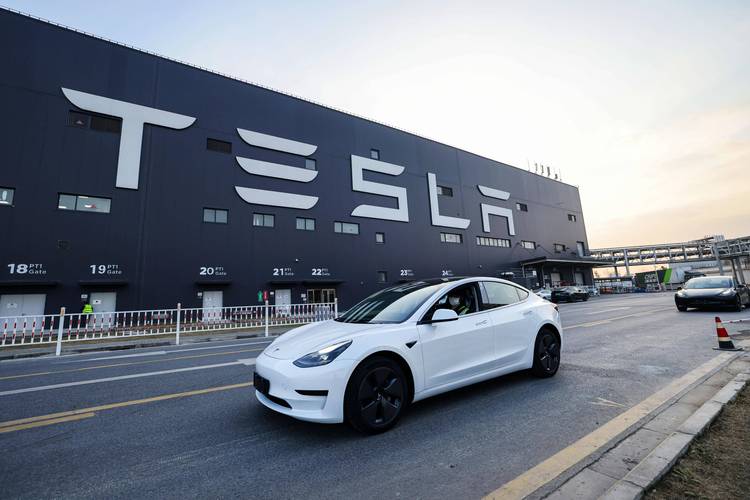
Recently, Tesla completed the world's first delivery of driverless self-driving cars. A Model Y set off from the Texas Gigafactory and, without any human intervention throughout the journey, independently crossed parking lots, highways and urban roads, successfully reaching the new owner's home, achieving end-to-end L5-level autonomous driving. This breakthrough has cleared the technical obstacles for the full commercialization of driverless taxis and has also sparked widespread attention and heated discussions worldwide.
From a technical perspective, behind this delivery lies Tesla's years of in-depth exploration and continuous innovation in the field of autonomous driving. The latest FSD 12.4 system equipped on Model Y is the core for achieving this feat. The core algorithm of this system is now capable of handling 99.9% of complex road conditions. Whether it is dealing with pedestrians suddenly crossing the road, accurately predicting the distance of the vehicle behind when changing lanes, or identifying blurry road signs at highway exits, it can make "calm decisions" like an experienced driver.
Tesla's self-driving test vehicles have completed over 780 million kilometers of road tests, equivalent to circling the Earth 19,500 times, accumulating a vast amount of actual driving data. These data provide a solid foundation for the optimization and training of the algorithm, enabling the system to continuously learn and adapt to various complex scenarios. Compared with other competitors, Tesla has a significant advantage in data volume, which is more than three times that of the second place in the industry. This means that its algorithm can learn based on a broader and richer sample base, thereby performing more intelligently and reliably when facing actual road conditions.
From the perspective of market and industry impact, this unmanned autonomous driving delivery holds profound significance. It laid the foundation for the full commercialization of driverless taxis and gave people more room for imagination about future travel methods. In the near future, driverless taxis may become an important part of urban transportation and change People's Daily travel habits. This not only enhances travel efficiency but also effectively reduces the incidence of traffic accidents and minimizes casualties caused by human error.
For the car sales model, this innovation by Tesla also brings the possibility of change. The traditional way of car delivery requires a large amount of human and time costs, while unmanned autonomous driving delivery can achieve "online ordering and the vehicle being delivered to the door by itself", greatly simplifying the delivery process, improving delivery efficiency and reducing delivery costs. The successful implementation of this model may prompt other automakers to follow suit, thereby promoting the transformation and upgrading of the entire automotive sales industry.
Of course, Tesla's delivery of driverless autonomous vehicles also faces some challenges and doubts. Safety issues have always been the core concern in the field of autonomous driving. Although Tesla has made significant breakthroughs in technology, how to ensure the safety of vehicles in various extreme situations remains a problem that needs to be continuously solved. In addition, the lag of laws and regulations has also brought certain obstacles to the promotion of autonomous driving technology. At present, traffic regulations in many countries and regions are based on human driving, and there are still gaps or imperfections in the management and regulation of unmanned autonomous vehicles.
Tesla's first global delivery of an unmanned self-driving car is an important milestone in the development of the automotive industry, demonstrating the huge potential and promising prospects of self-driving technology. Although there are still challenges ahead, with the continuous progress and improvement of technology and the gradual improvement of laws and regulations, driverless autonomous vehicles are expected to reshape the transportation and travel landscape in the future, bringing people more convenient, efficient and safe travel experiences.

Since 2022, the Fed has cumulatively reduced its balance sheet by $2.4 trillion through quantitative tightening (QT) policies, leading to a near depletion of liquidity in the financial system.
Since 2022, the Fed has cumulatively reduced its balance sh…
On December 11 local time, the White House once again spoke…
Fiji recently launched its first green finance classificati…
Recently, the European Commission fined Musk's X platform (…
At the end of 2025, the situation in the Caribbean suddenly…
The U.S. AI industry in 2025 is witnessing a feverish feast…